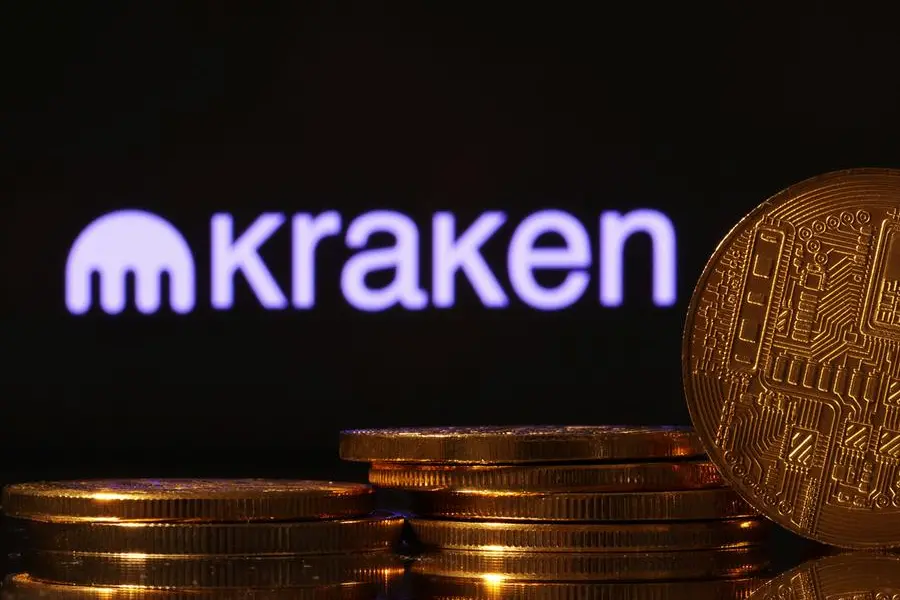PHOTO
After a tumultuous period in global cryptocurrency that included persistent price falls and several high-profile bankruptcies, the sector in the UAE has seen its own changes.
FTX was enveloped in a global scandal and filed for bankruptcy before it had chance to gain a foothold in the region last autumn, and Kraken announced suspension of its AED services earlier this month.
How impactful are these changes for the UAE’s crypto scene, bearing in mind that both Dubai and Abu Dhabi have ambitions to position themselves as hubs for cryptocurrencies?
“There will always be change in crypto blockchain because it is a new and developing sector; however, it is very important not to focus on crypto-exchanges,” said Jehanzeb Awan, Chairman of the Crypto and Blockchain Association, Middle East, Africa & Asia (MEAACBA).
“These are just a small part of the overall ecosystem,” Awan continued. “ We expect to see more startups and closures but to have continued strong overall growth in the sector in the GCC or UAE market.”
Awan said the UAE is seen as a centre of innovation for the crypto-blockchain ecosystem, from regulation to education and support.
“This approach is helping to stimulate the sector across the region,” he said. “Some countries like the KSA are proactively looking at the possible benefits, including Central Bank Digital Currencies (CBDCs), but each country will need to move at the pace it is most comfortable with.”
“Companies and investors will look to the markets they believe offer the best locations for them in terms of regulation, support and innovation,” he said, adding, “This is why main firms are looking at Asia, Africa and the Middle East rather than the West Coast of the US.”
Last Man Standing
The departure of FTX and Kraken from the UAE may leave a bigger opportunity for those who have remained, the most obvious example of that being Binance, which secured its first licence in Dubai in March 2022 and its Financial Services Permission from Abu Dhabi in November.
Achraf Drid, Managing Director of online brokerage XTB MENA, said, “Being the last operating company in a specific area is effectively a great opportunity to build brand awareness, expand operations and lure partners and customers.
“In addition, crypto firms that were able to withstand the catastrophic failures and bankruptcies in the industry have gained more trust from traders in the UAE and elsewhere. These factors could help cement a company’s position in the region to the detriment of those that chose to withdraw.”
Regulation
For most traders and investors, regulation is important, Drid said. “This is particularly the case in the aftermath of the failures of many prominent crypto exchanges and lenders in the past few months.
“Having your trading partner or intermediary institution under the oversight of a trusted government authority like those in the UAE could provide an extra layer of security where funds could be held locally and protected.”
Seeing prominent market players shrink their operations or put their expansion on hold could fuel the confidence crisis that has been gripping the market, he said.
“The fact that an entity is regulated provides a certain level of security and ensures that it uses best practices, implements money laundering measures, takes the necessary steps to protect customers’ funds and so on.
“Strict oversight and regulation alleviate the counterparty risks that emerged after the collapse of many large international crypto firms. It is a matter of whether the trader trusts the regulatory authority that oversees the trading partner. As such, traders could benefit from elevated levels of security if the counterparty is regulated in any credible jurisdiction,” he concluded.
(Reporting by Imogen Lillywhite; editing by Seban Scaria)





















